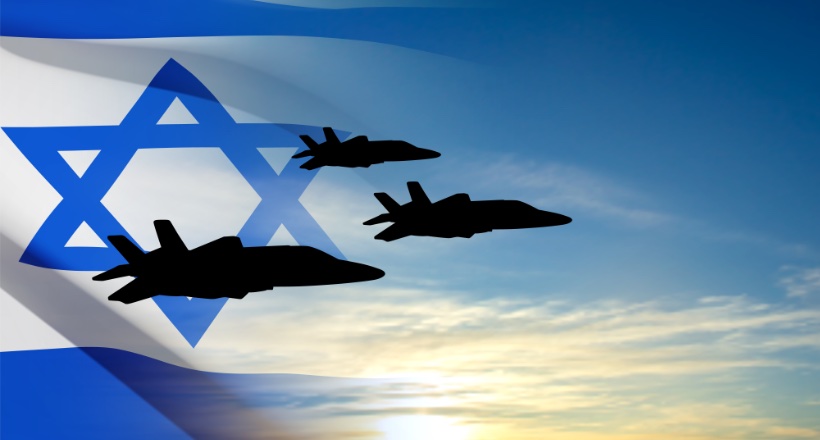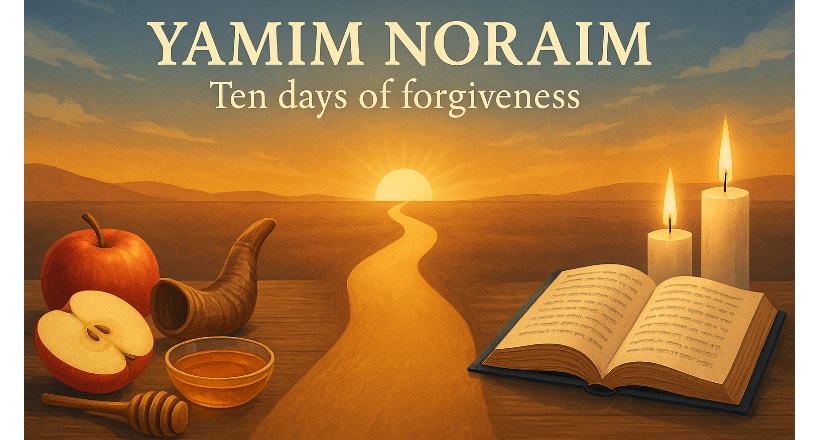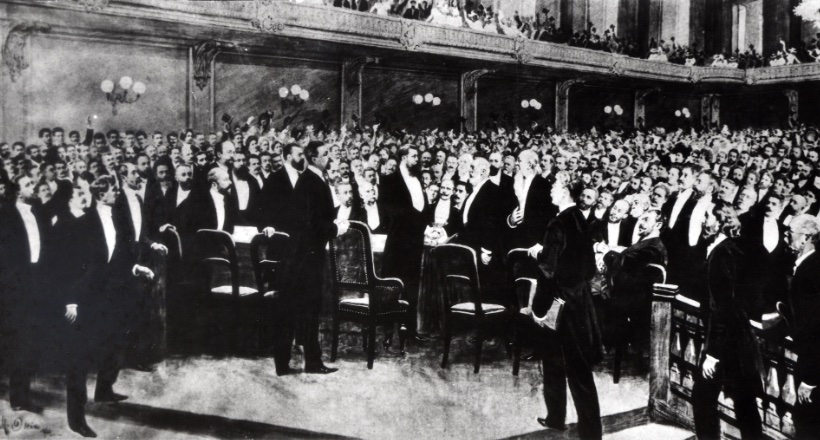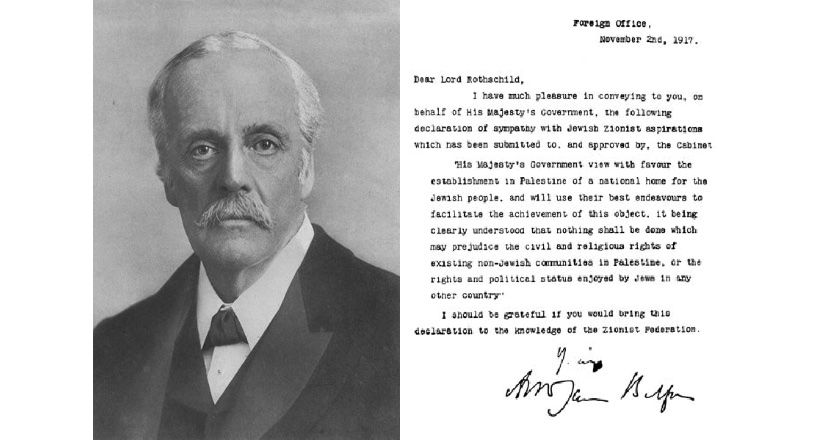Elimination of Nasrallah: who condemned, who remained silent, who supported?
The assassination of Hezbollah’s leader Hassan Nasrallah by Israel was a resonant event, and the world’s reaction to it was ambiguous. Direct condemnations and evasive comments — all this emphasizes that political statements on this matter say more about the politicians themselves than about the incident itself.

1. Support for the assassination
The United States was one of the few that openly supported the assassination of Nasrallah. President Joe Biden called his death a “measure of justice” for numerous crimes against Americans, Israelis, and Lebanese. Vice President Kamala Harris reminded of his terrorist activities, noting that he had American blood on his hands. Israeli Prime Minister Benjamin Netanyahu also emphasized the historical significance of this event, calling it a “settling of scores” with a man responsible for thousands of deaths.
Argentine President Javier Milei also expressed approval: his advisor stated that “Israel eliminated one of the greatest modern murderers,” which led to the weakening of terrorist structures.
2. Avoidance towards escalation
Many world leaders avoided direct mention of Nasrallah and focused on the potential escalation of the conflict. Thus, Turkish President Recep Tayyip Erdogan condemned Israel, calling its actions genocide, but did not mention Nasrallah directly. Abu Mazen did similarly, expressing condolences to Lebanon, avoiding mention of the assassination.
German Foreign Minister Annalena Baerbock noted that the killing threatens to destabilize all of Lebanon and does not serve Israel’s security interests. Italian Foreign Minister Antonio Tajani called on Italian citizens to immediately leave Lebanon, without comments regarding Nasrallah’s death.
3. Condemnation of Israel
On the other side of the political spectrum were countries and organizations that openly condemned Israel for the assassination of Nasrallah. Iran, funding Hezbollah, declared a five-day mourning for its ally. Ayatollah Khamenei called the killing an act of aggression and stated that Israel “will not go unpunished.” The Houthis in Yemen also stated that Nasrallah’s death will only strengthen their resistance.
The Russian Foreign Ministry called the assassination of Nasrallah “another political murder” and placed all responsibility for the subsequent escalation on Israel.
HAMAS and the Palestinian Authority, in turn, called Israel’s actions “barbaric aggression,” not forgetting to express their solidarity with Hezbollah and its leader.
Conclusion: Political reactions to the assassination of Nasrallah revealed lines of tension on the world stage. Support, avoidance, or direct condemnation — each leader chose their words based on their own interests.





